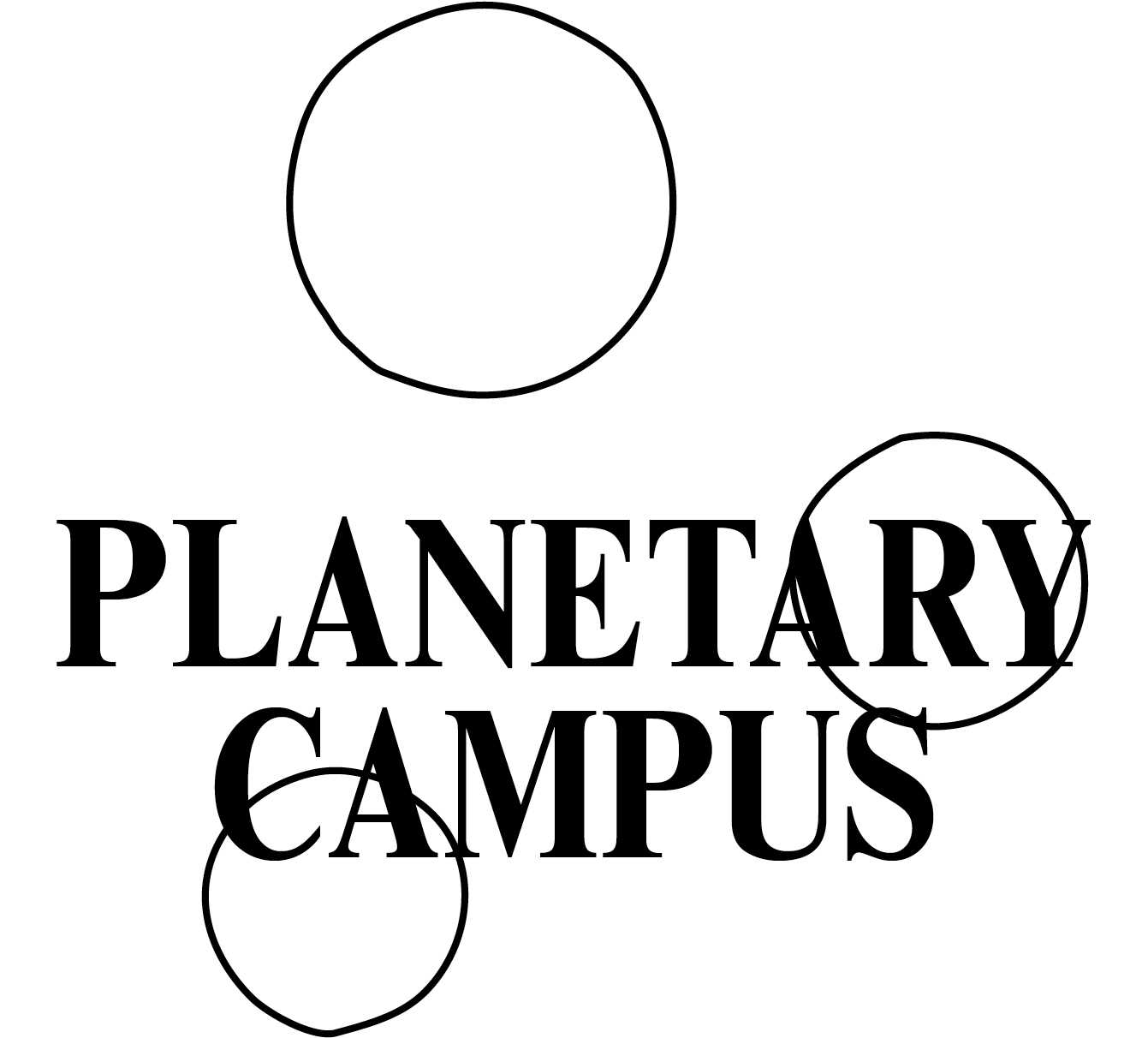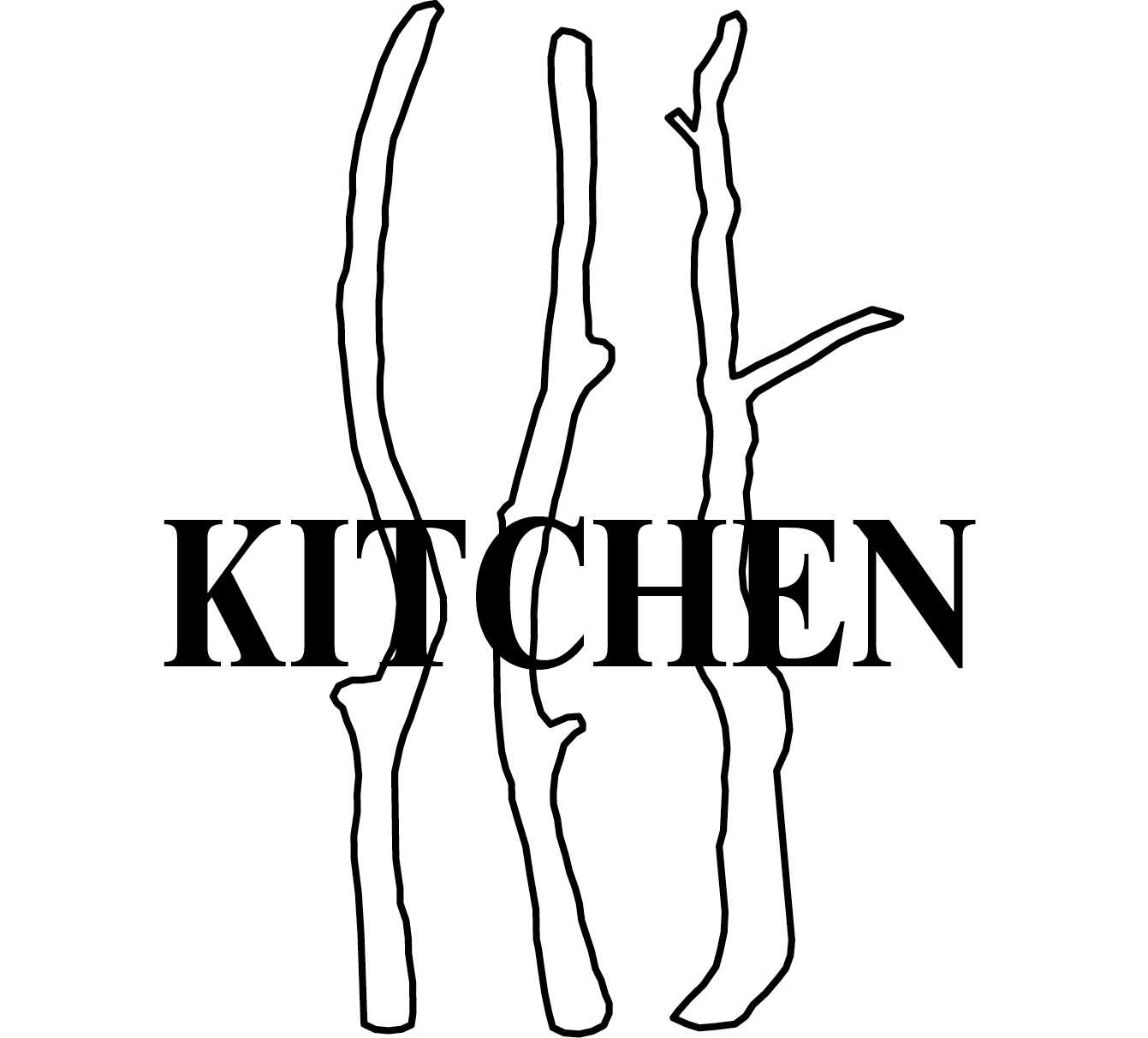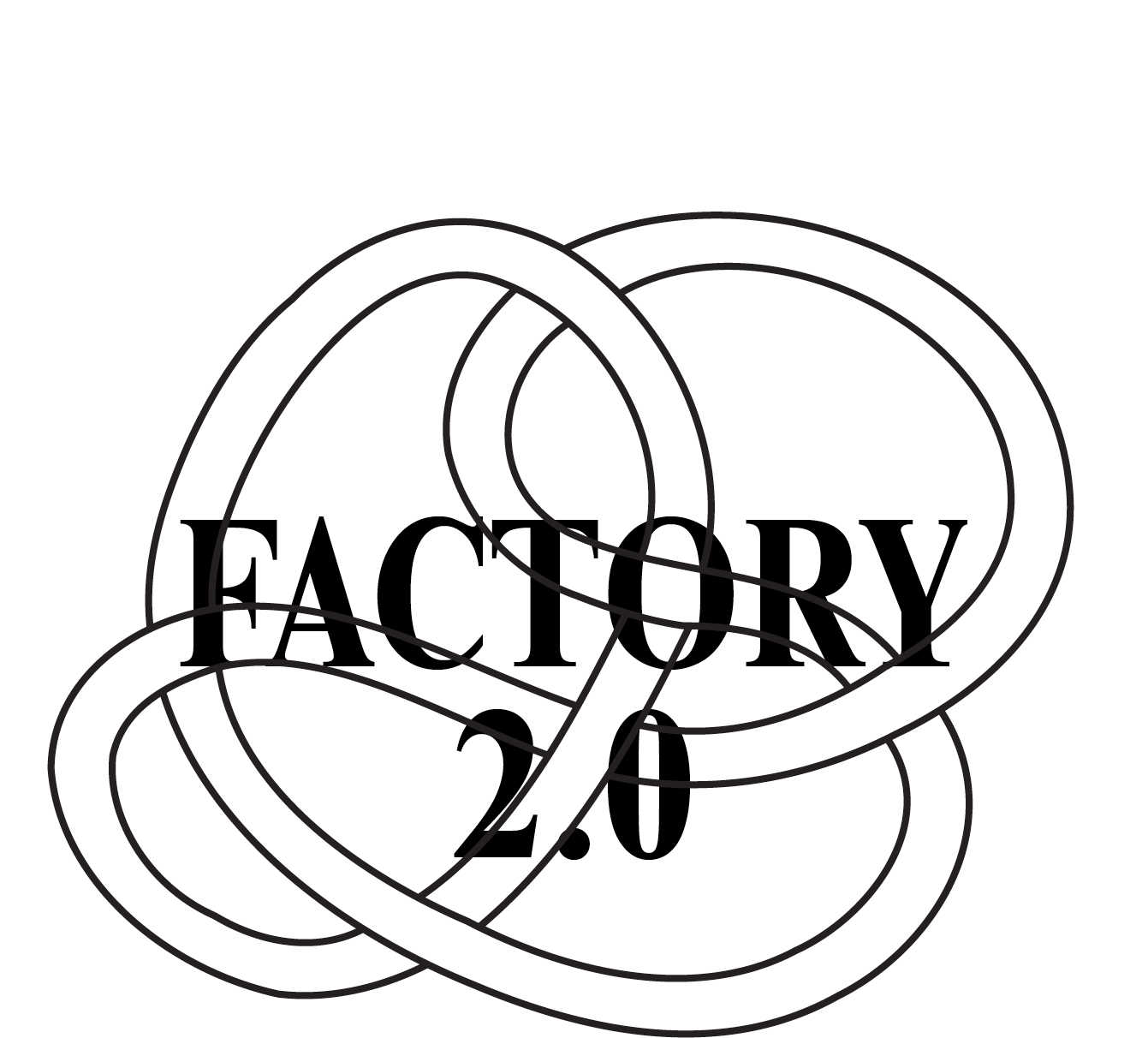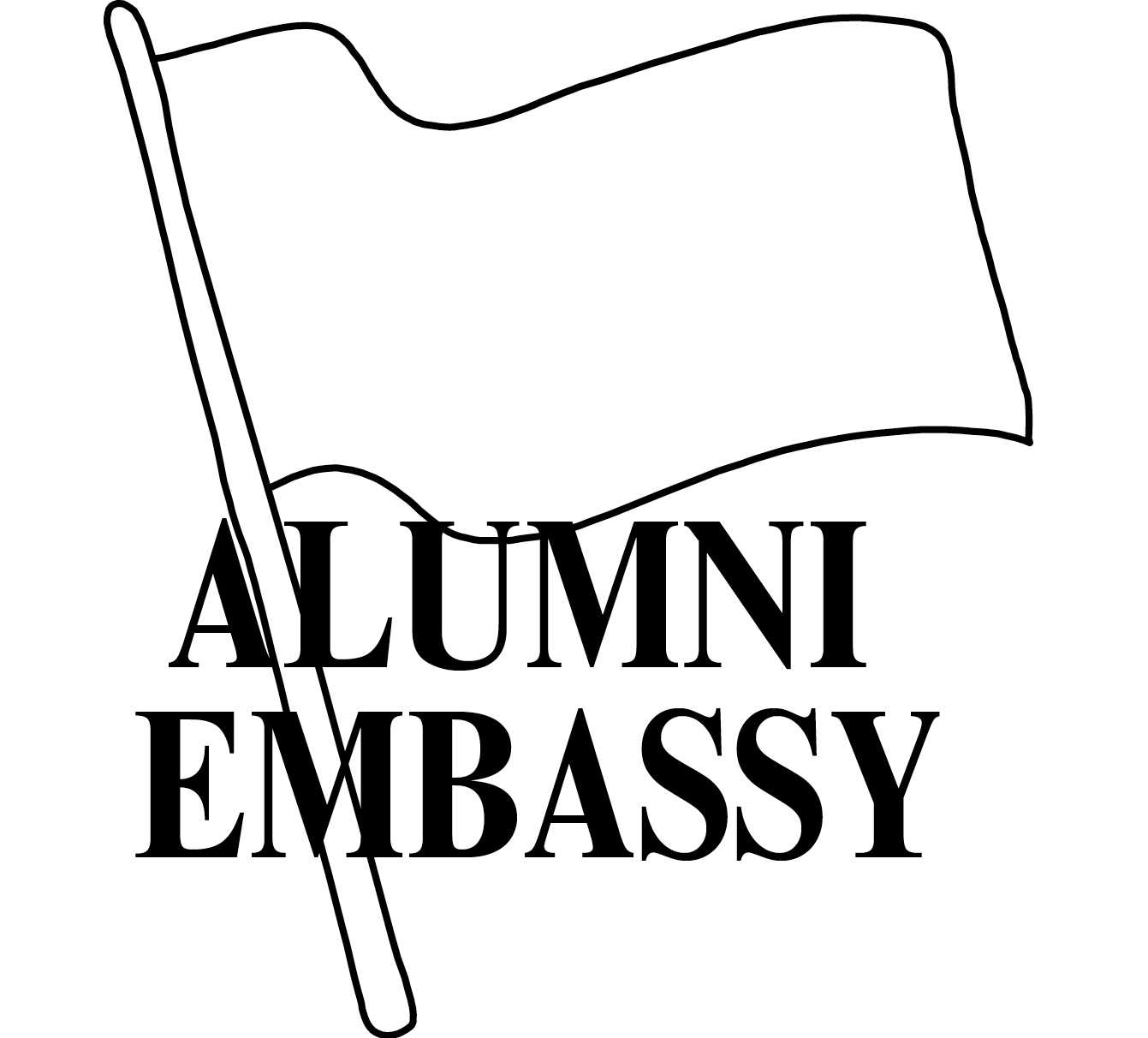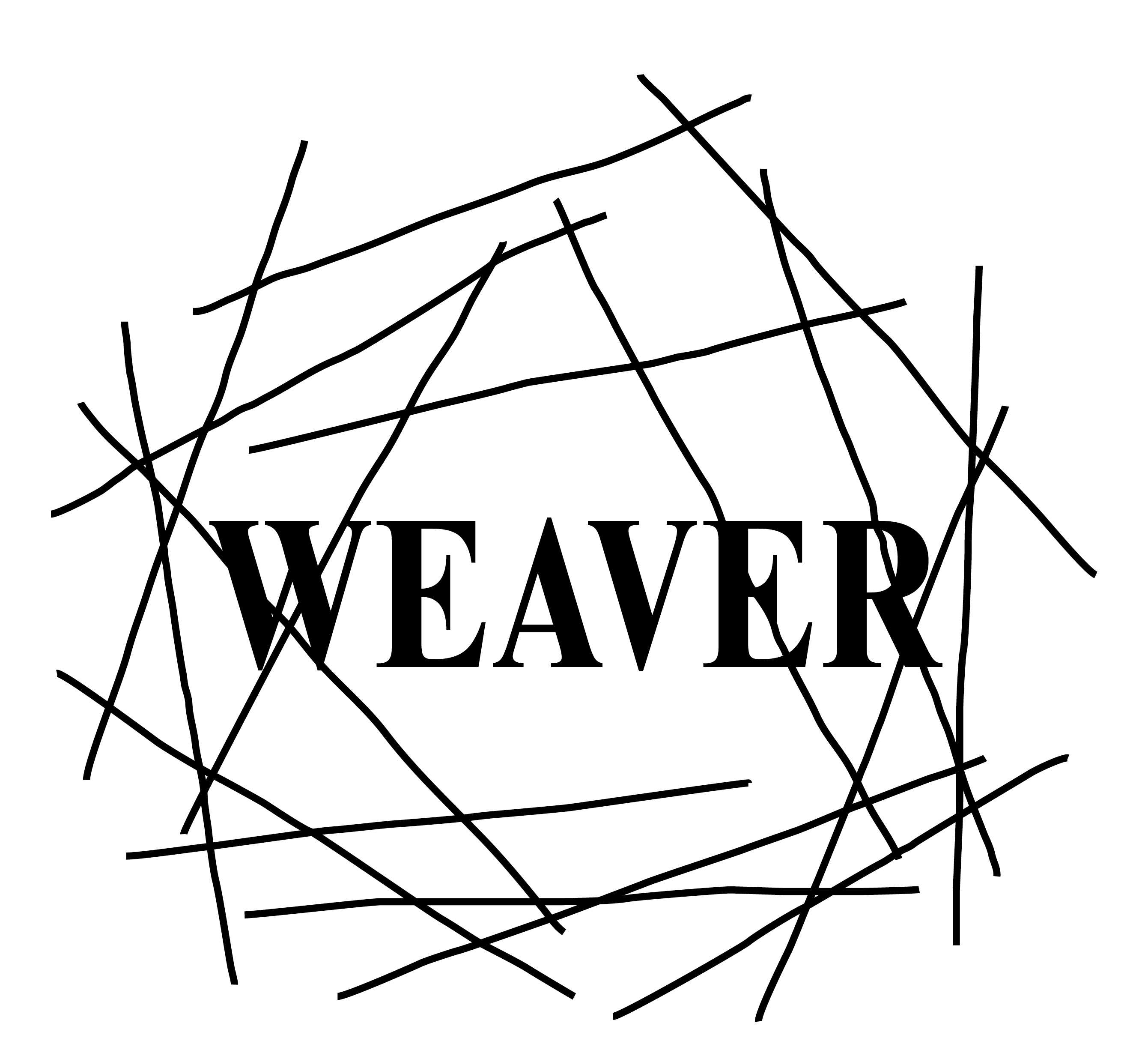3. Planetary Campus ~ formal framework
DAI's MA in Art Praxis study trajectory offers our students 3 distinctive curriculum components. The students are required to take part in all 3 of them:
2.How To Do Things With Theory
3.Planetary Campus (described on this page)
Planetary Campus ~ Formal Framework
Contact hours: 211
Self-study: 293
ECTS: 18
Planetary Campus: where DAI Roaming Academy opens to a wide variety of productive encounters with external and internal positions and interests.
In the academic year 2022-2023 this curriculum component consists of four different modules, all with specific requirements :
During each regular DAI-week, one day is dedicated to acts, performances, screenings or presentations, or lecture-performances (recognized here as a longstanding unique discipline, a hybrid of research, lecture, visual art and performative narrative techniques) directed and steered by 10 (give and take) individual students (each month a different constellation of names). Each Kitchen Act of 20 minutes is authored by one student but may involve invited "others" as collaborators, assistants or audience-participants.During their two year study trajectory, a student takes the floor 3 times in the context of a Kitchen and once for the festive, final wrap-up in a public setting, the so-called Aeroponic Acts. Each of the 4 acts of 20 minutes, offers a question as a practice of engagement. Following each presentation, in a conversational mode, invited respondents will try to engage with the presentation by means of an improvised, non-judgemental, raw, sketchy, tentative, spoken reflection, (roughly) guided by a question from the presenter as well as by the respondents' own concerns, interests and knowledges.
WORKLOAD
Students not only invest time and energy in their own four presentations, they also attend all Kitchen presentations by their peers and contribute actively to the well being of all involved in the Kitchen. They engage in scheduled face to face meetings several times during the two years of study.
ASSESMENT
The two-year learning curve, including the AEROPONIC ACTS, will be assessed by the Head of Program, carefully weighing the relevance, care, resourcefulness, creativity and acumen with which a student has managed to make use of this two-year trajectory, with the comments of the various respondents over time, as a highly informative back drop.
The Kitchen is concluded successfully when the student is accredited with at least a ‘satisfactory’.
Evaluation: insufficient, satisfactory, very satisfactory, good, very good, excellent (2nd year students) / Pass or fail (1st year students).
ECTS first year: 12
Self-study: 195
Contact hours: 141
ECTS second year: 13
Self-study: 223
Contact hours: 141
See the curatorial framework for Planetary Campus
Factory 2.0 aims to offer students agency and responsibility in relation to DAI’s modus operandi at large: as co-creator, communicator, co-producer, learner, listener, organiser, participant, performer, presenter, reporter, researcher and respondent.
Embedded in the time frame of Factory 2.0, student led activities encompass all group initiatives and undertakings organized by the student body. Each DAI week and during the indicated time slots, DAI’s on-site facilities open up to enable the gatherings of existing student-organized groups.
ECTS first year: 4
Self study: 52 hours
Contact: 60 hours
ECTS second year: 2
Contact hours: 60 hours
See the curatorial framework for Planetary Campus
DAI’s Planetary Campus extends far beyond the moment of graduation: DAI is committed to keep the conversation going. The Alumni Embassy, accommodated by the DAI website provides a curated platform from where former students can keep the DAI community, as well as DAI’s wider network updated on their activities. All graduates collaborate with the DAI Archive + Communication teams on the creation of a representative, relevant individual page, hosted and maintained by DAI at the Alumni Embassy, containing a commissioned portrait, keywords, a brief bio, links to social media (if professionally relevant) and eventual websites.
Evaluation: Pass or Fail
ECTS second year: 1
See the curatorial framework for Planetary Campus
Directly following each regular DAI week ( 2022-2023: November, January, March, April, May):
*each student hands in a report of minimum 400 words – maximum 1000 words in which they are asked to introspectively reflect on their participation and learning goals during that week. Send it to: WEAVER@dutchartinstitute.eu
*during absence (for professional reasons): write from a distance, eventually also looking at your other activities of that same week and how they potentially relate to study/research in the Factory 2.0, Kitchen, COOP Study Groups and HTDTWT.
*during absence (when due to health issues): we ask you to write from a distance, eventually also looking at other activities of that same week and how they potentially relate to study/research in the Factory 2.0, Kitchen, COOP Study Groups and HTDTWT. That is: if you can.... If not, we will, together with you, think of an alternative trajectory.
* your Weaver 2.0 reports will be collected digitally and archived on your ‘closed’ student -page on the DAI's webite – accessible only to those directly related to your study trajectory (this includes your tutors (COOP +HTDTWT), the education team leaders Florian Göttke and Nikos Doulos, Rik Fernhout Study Trajectory coordinator, Gabriëlle Schleijpen, artistic director | head of program. Please keep this in mind while writing) Nikos Doulos coordinates the proceedings.
* Evalution per report: pass (report delivered) or fail (report not delivered).
* ECTS: 2 ( in total per academic year)
See the curatorial framework for Planetary Campus

